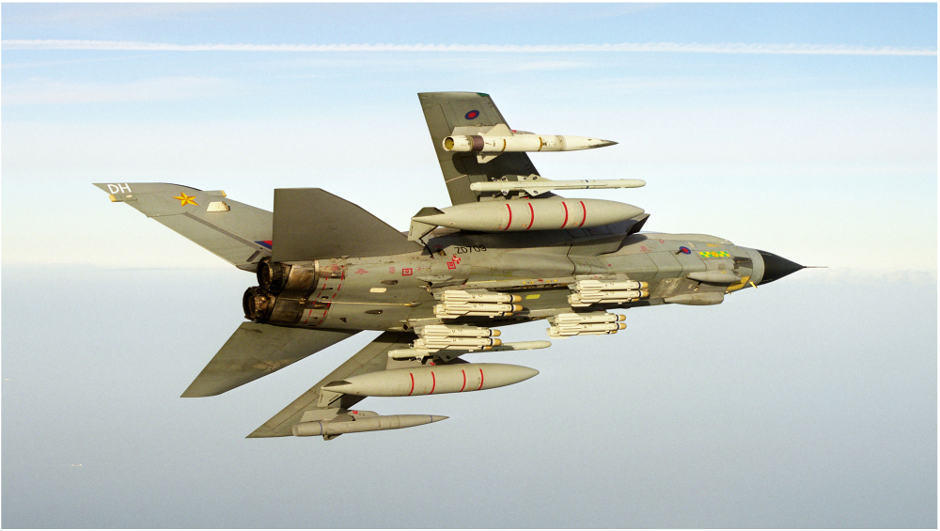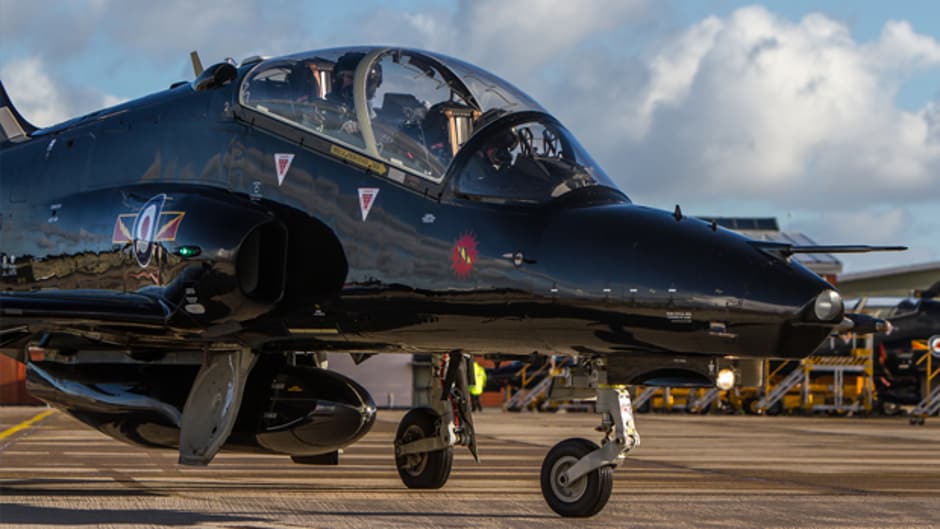 Joel Fuentes Tobin, Research & Technology Campus Manager at BAE Systems, talks to The Student Engineer about how a Mastership - a Master’s degree level apprenticeship – has helped his career take flight.
Joel Fuentes Tobin, Research & Technology Campus Manager at BAE Systems, talks to The Student Engineer about how a Mastership - a Master’s degree level apprenticeship – has helped his career take flight.
What’s your role with BAE Systems?
Between my 4th and 5th years of studying for a Master’s in Aeromechanical Engineering at Strathclyde University, I applied for a 12-week summer internship with BAE Systems at its Warton site.
You’re given a rating at the end of the internship, and if you’re able to achieve the top rating of five then you’re offered a place on the graduate scheme without the need to go through the standard recruitment process. I was lucky enough to be one of those people.
When I joined the graduate scheme in 2017 my first six months were spent in requirement management of mission systems software for Tornado aircraft, followed by working on test rigs. I’m now working as a Research & Technology Campus Manager, overseeing relationships and projects that BAE Systems has with its five strategic university partners. It’s about making sure joint projects are running smoothly, that activity is rooted in business needs and that both sides are getting the best from the research work and keeping in touch with emerging new technologies.

If you already have a Master’s degree, what’s the value of a Mastership?
They’re very different types of qualification. My Master’s was mostly theoretical while the Level 7 Mastership I’m currently pursuing is more competency based. Like all engineers who’ve studied a postgraduate programme I can do all the thinking in terms of thermodynamics and fluid mechanics - but that in itself doesn’t prepare you for managing complex projects.
In other words, the Mastership with Cranfield University is more about equipping us for the industrial engineering approach, optimising the use of resources and results within a particular organisation, with its own set of goals and ambitions.
The biggest priority for me at this stage is to work towards gaining Chartered Engineer status. The level 7 postgraduate Mastership is aligned to the professional competencies that need to be exhibited to become a Chartered Engineer. The evidence-gathering approach being taken means the professional practice and experience is being captured, and by completing the programme I’ll also have a Postgraduate Diploma in Engineering Competence - a big step towards the CEng accreditation.
What new skills are the most important to your career?
Project management is really important, as I believe all engineers will collaborate and contribute to the role of project management in the future so learning about the Prince (PRojects IN Controlled Environments) 2 system has been invaluable. I can see it being fundamental in a whole range of roles for the future, so would definitely be worth investigating further.
All the modules that apply across the business beyond to engineering are massively important - like the modules on finance for non-financial managers, workplace cultures, operations management and governance and ethics.”

How is it possible to combine your day-to-day work with postgraduate study?
The Mastership has been running since January, so we’re four months into the two-year part-time programme. During this time I’ve had a handful of roles. My previous role was on the test rigs which meant I had very little desk time while my current role involves lots of travelling between different partner universities and different BAE Systems sites, again with relatively little desk time. This means that during the initial stages I’ve needed to consciously set time aside to focus on studying, attending modules and completing assignments with the postgraduate study. I do expect this to change as I settle into managing the balance between my study and my day job and also when assignments begin to be related to more specific and live organisational projects that I’m working on.
All the modules are delivered online, so there’s no travel time needed and it means I can access the live sessions from wherever I am, and then catch-up ‘on-demand’. Sessions are interactive, you can ask the academics a question at any time, and stay in touch with the rest of the group via instant messaging and the online forums. There’s also an assignment helpdesk.
What’s worked best of all is how the Mastership has brought us all together in a working environment. Many of the participants from BAE Systems are based at the Warton and Salmesbury sites, and after each module we’ve tried to find a way to all get into the same room and collaborate on the topics and assignments before going our separate ways.
What part does the Mastership play in your plans for the future?
I’m at the stage where I’m still thinking about which direction I want to go. People tend to either go down the technology stream, focusing on more specialist expertise, or a leadership stream where a broader set of skills are needed. The Mastership experience means I can keep my options open, and provide a solid basis for whatever type of engineering career I decide to follow.
Thanks Joel!




April 1886: the Brunkebergs tunnel
First ever example of a ground source heat pump?